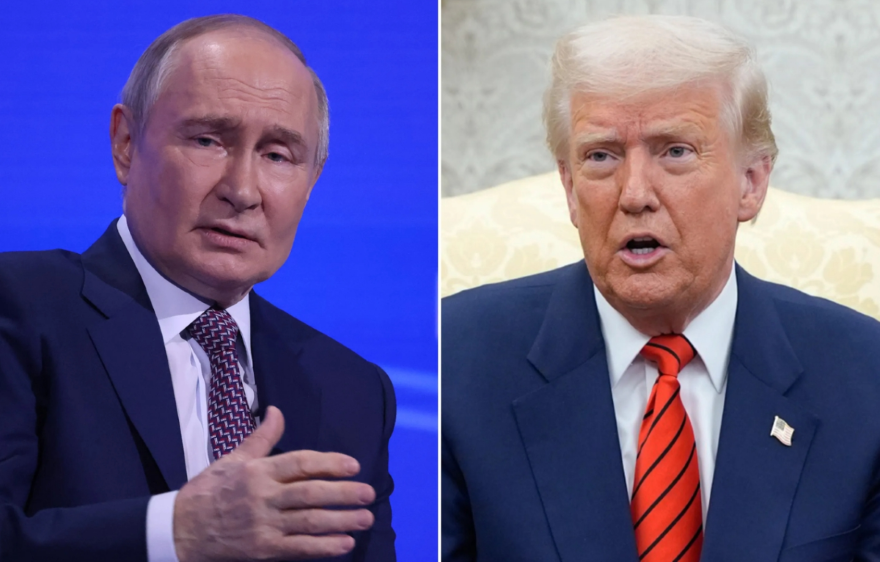Putin Vows Support for Iran, Condemns U.S. Strikes as “Unjustified Aggression”
Russian President Vladimir Putin met with Iranian Foreign Minister Abbas Araqchi in Moscow on Monday, condemning the recent U.S. airstrikes on Iran’s nuclear facilities and reaffirming Russia’s suppor

Russian President Vladimir Putin met with Iranian Foreign Minister Abbas Araqchi in Moscow on Monday, condemning the recent U.S. airstrikes on Iran’s nuclear facilities and reaffirming Russia’s support for Tehran amid rising Middle East tensions.
"The absolutely unprovoked aggression against Iran has no basis and no justification," Putin said in televised remarks during the meeting. "We are making efforts to assist the Iranian people." He added that Araqchi’s visit provided an opportunity to discuss urgent issues and explore ways to resolve the growing crisis.
Araqchi, who was personally dispatched by Supreme Leader Ayatollah Ali Khamenei, delivered a letter from Iran’s top leadership to Putin and thanked Moscow for condemning the U.S. actions. “Russia is today on the right side of history and international law,” Araqchi said, calling Iran’s military response “legitimate self-defense.”
The visit comes just two days after President Donald Trump authorized strikes on Iran’s three primary nuclear sites—the most significant U.S. military action against the Islamic Republic since the 1979 revolution. Both the U.S. and Israel have recently hinted at potential regime change, including targeting Iran’s Supreme Leader—an escalation that Russia fears could plunge the region into deeper instability.
While Russia and Iran signed a 20-year strategic partnership agreement earlier this year, the pact does not include a mutual defense clause. Kremlin spokesperson Dmitry Peskov said Russia’s response would depend on Iran’s needs, adding that Moscow’s offer to mediate the crisis itself demonstrates its support. “We condemn this new spiral of escalation,” Peskov told reporters. “It remains to be seen what happened to Iran’s nuclear facilities, including whether there is a radiation hazard.”
Putin has so far avoided direct comments on the U.S. strikes, though he previously urged calm and reiterated Moscow’s willingness to mediate. He also noted that Israel had provided assurances regarding the safety of Russian specialists working at Iran’s Bushehr nuclear plant during its airstrikes.
Despite Russia’s official stance, sources close to Tehran expressed frustration with what they view as insufficient support. They are urging Moscow to step up efforts, including potentially providing air defense systems and satellite intelligence—similar to U.S. backing for Ukraine.
At the United Nations Security Council on Sunday, Russia, along with China and Pakistan, introduced a draft resolution demanding an immediate and unconditional ceasefire across the Middle East. Russian U.N. Ambassador Vassily Nebenzia sharply criticized the U.S., referencing the 2003 Iraq War and accusing Washington of repeating the same mistakes under the guise of national security.
“Again we’re being asked to believe the U.S.’s fairy tales, to once again inflict suffering on millions in the Middle East,” Nebenzia said. “This cements our conviction that history has taught our U.S. colleagues nothing.”
While the long-standing Russia-Iran alliance remains strategically important, Putin—whose military is mired in a protracted war in Ukraine—has shown little appetite for direct confrontation with Washington. Nonetheless, Moscow continues to position itself as a key player in regional diplomacy, balancing geopolitical interests while advocating for stability.
Disclaimer: The views in this article are from the original Creator and do not represent the views or position of Hawk Insight. The content of the article is for reference, communication and learning only, and does not constitute investment advice. If it involves copyright issues, please contact us for deletion.